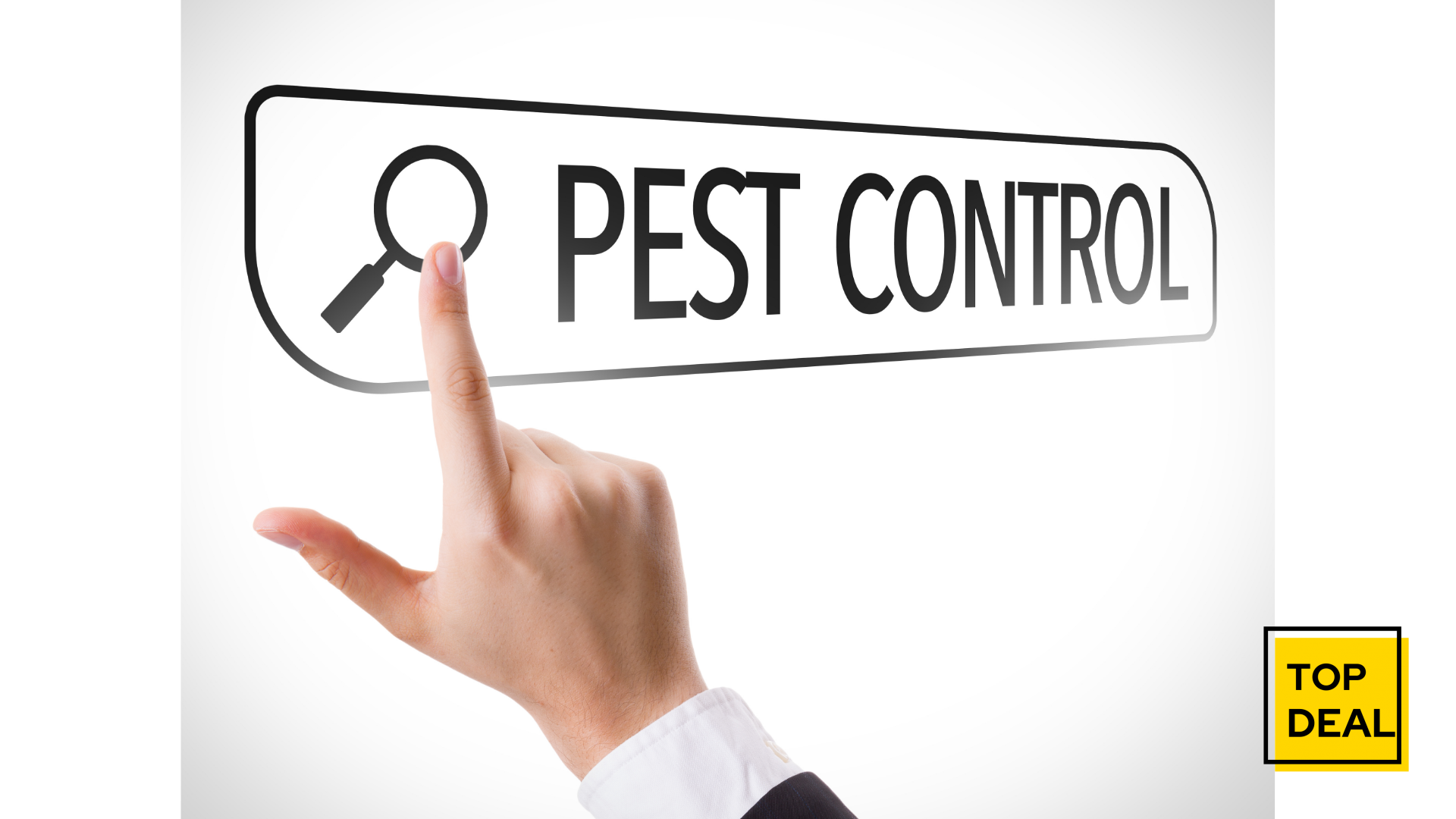
Helpful Tips How to Control Pesky Pests in and Around Your Home
The problem of pests is as old as the residence of man on Earth. Pests as such are unwanted creatures that live in one’s home and cause damage to it without any need for them to do so. There are many forms of these pests, and because we want them gone, we created numerous ways to get rid of them. Many people resort to chemical means of pest control, and while they do kill the pests, there may be cases when you want to get rid of them without having their dead carcasses lying around.
This article will teach you how to deal with various types of pests in your home, from insects such as ants and roaches to small furry rodents such as mice and squirrels.
Table of Contents
Ants
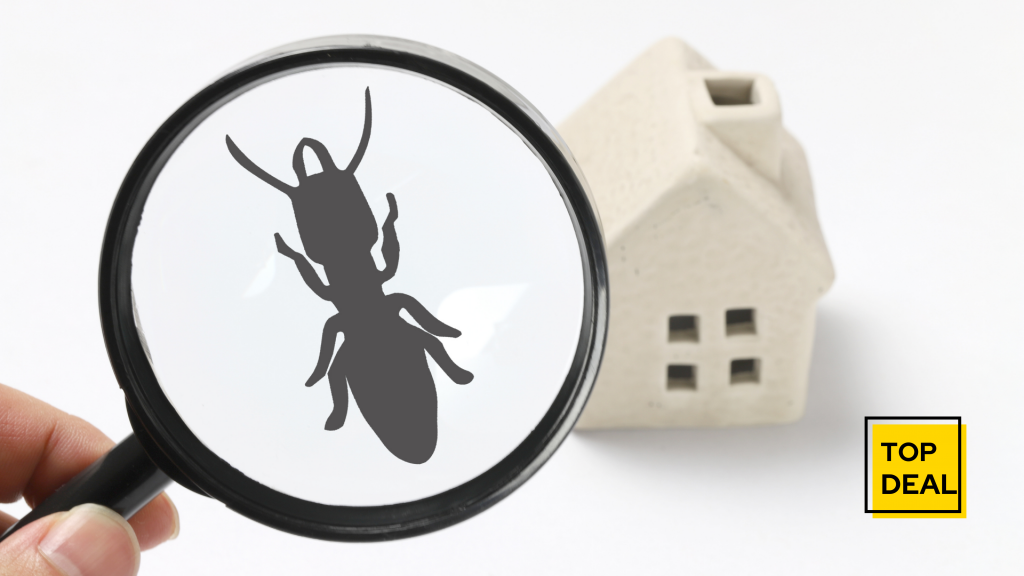
The best way to keep ants out of your home is by keeping your kitchen clean: crumbs that lie on the floor provide them a temporary shelter and food source (you), which may eventually lead to an infestation in time; also, leaving spilled liquids unattended for a long period can attract these creatures in numbers. To make things easier for yourself when coming across an ant problem, you should buy some ant traps and place them around your kitchen.
Ants that will wander into these traps are then taken to the base where the poison is stored—they take it back to their colony and infect all other ants with it, killing the entire colony within a few days. If there is no ant activity on sight anywhere in your home, but you’d still like to keep them out for good measure, you may want to try a more organic approach: simply mix up equal parts of water and vinegar and spray this solution offensively on any possible entry points outside your house (these include doors, windowsills, plumbing pipes). This mixture has a pleasant smell for people but replies ants.
Roaches
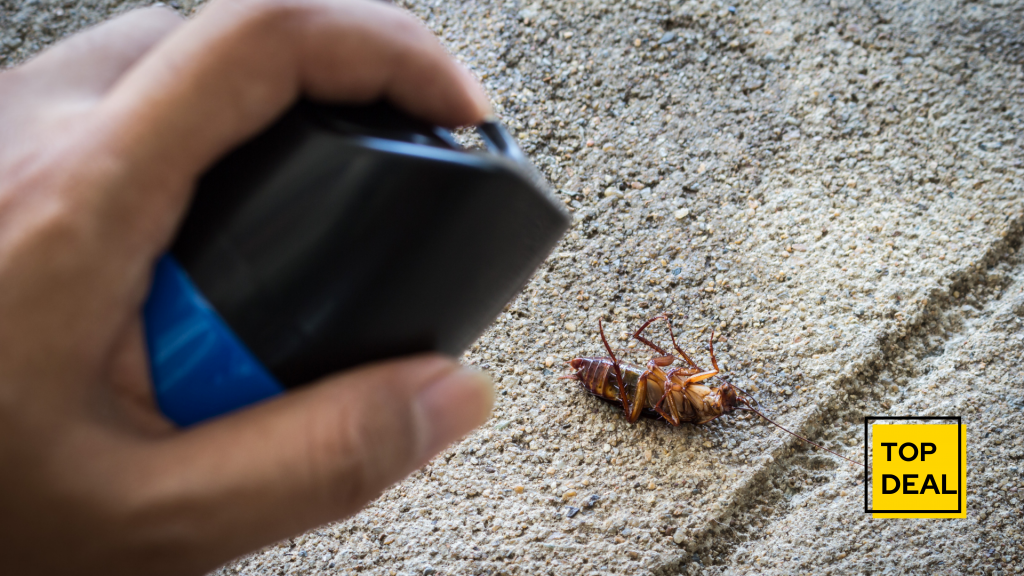
While the preceding recipe will keep ants away, it is absolutely useless against roaches. If you have problems with cockroaches in your home, you have to get rid of them fast! You can try combining all sorts of chemical solutions for this purpose—they are available at any hardware store or supermarket—but they are hardly safe to use indoors; instead, you may want to consider using some cat food as bait (chicken flavor works best).
Roaches that eat this food than carry the poison back into their colony and share it with everyone else; however, you should still spray some insecticide on your floorboards and skirting boards before placing the bait since some roaches do not necessarily need the bait in order to be lured inside Taking care when placing the cat food: it should be in specific areas that roaches can access but not people—specifically, underneath your fridge and stove as well as into any cracks or holes on the floor you may find. Also, remember to change bait once a month to keep them away for good!
Squirrels
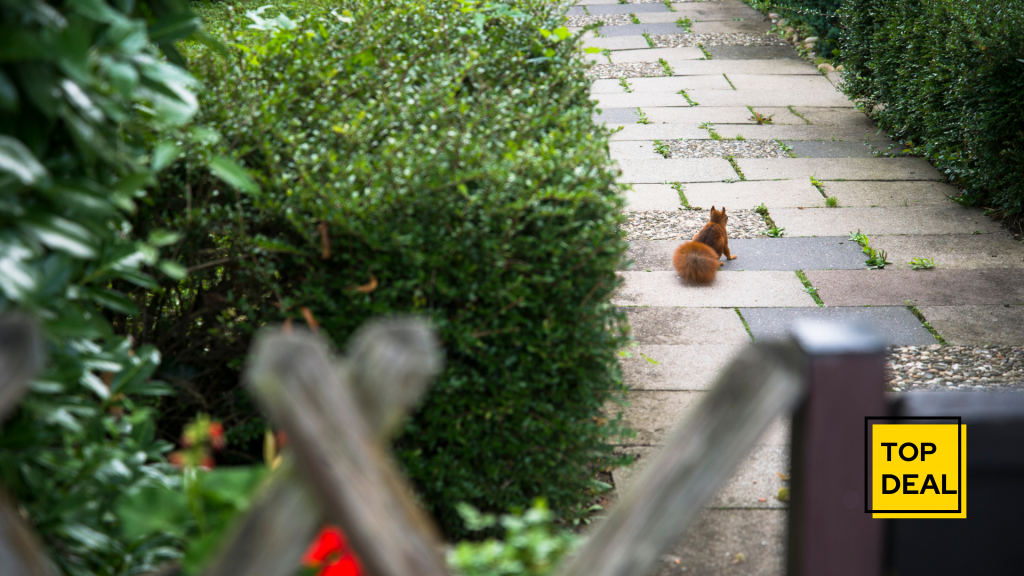
Squirrels are cute little animals that live in trees—many times they do not mean harm to anyone; however, there are cases where they create real damage by chewing on branches of trees planted in yards or eating through tree houses or garden sheds. To deal with this problem, you need to contact your local authorities since squirrels are protected species by law. This means that if you hurt one intentionally, its owner can press charges against you, and if a squirrel dies as a result of your actions, the authorities will search for its body.
If there is no other option available to you except trapping a squirrel alive (and releasing it), you can try using a humane trap—this way, the animal will not be harmed. You should also protect your bird feeder from squirrels: keep them away from your yard by attaching an electric wire around the seed container or removing the feeder altogether.
Mice
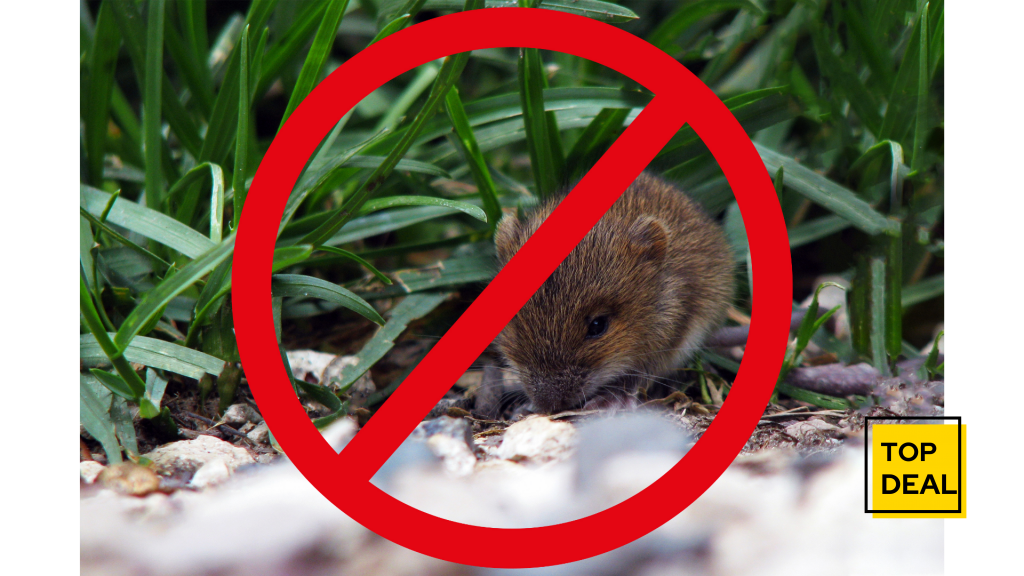
Mice are very common pests found throughout homes in rural areas; they do considerable damage to crops and gardens as well as eat food that humans have stored near their homes—these creatures aren’t picky about what they eat! If you happen to have a problem with mice, you should purchase some mouse traps—these are easy to use and require little effort on your part.
When the animal walks into the trap, it will be caught by its neck or foot; once caught, you can release it somewhere far away from home for humane reasons. Alternatively, you could also kill it, but be careful when disposing of the dead animal: if someone finds it before you get a chance to get rid of it properly, they may assume that it is your fault and you will face legal repercussions.
Other Pests
There are several other pests that may infest homes throughout America, each requiring its own approach in order to deal with it; however, if you find an infestation of any kind, the best course of action is to contact your local authorities. They will inform you about the type of pest that is causing trouble and give you advice on how to safely get rid of it!

